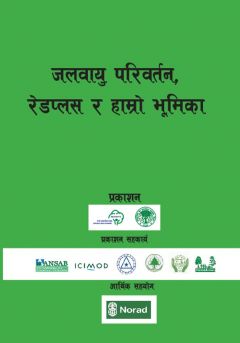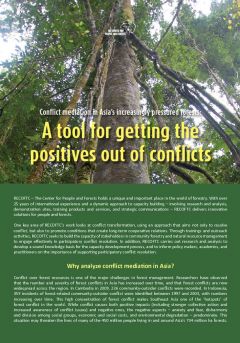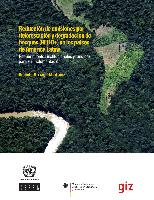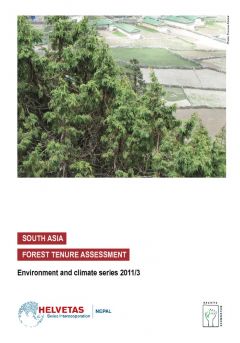Climate Change, REDD+ and Our Role
Since few years the climate temperature is constantly rising up due to high emission of Green House Gases (GHG's) which is one of the main reason for climate change. Nepal is a small country which has little or no influence in causing climate change, however because of its weak economy, complex landscape, sensitive biodiversity, uneducated and vulnerable people in Nepal makes it less equipped to fight the consequences of climate change thus make them highly vulnerable.










